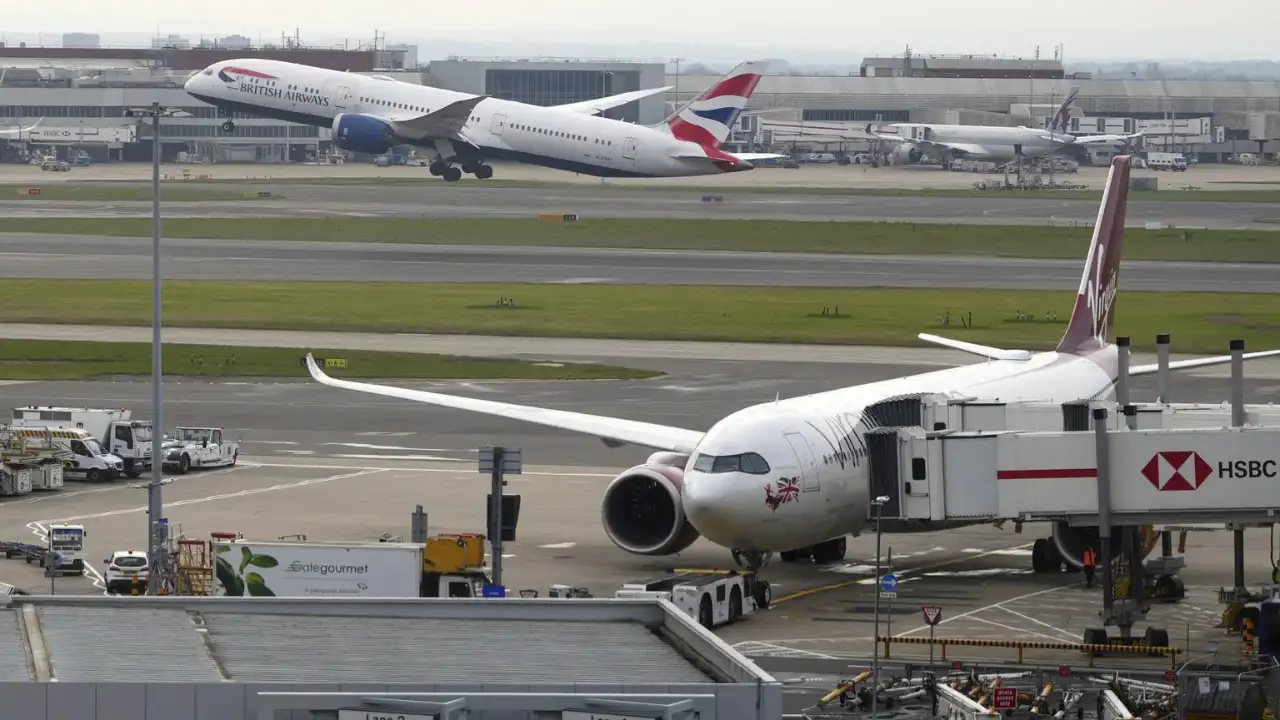A cyberattack targeting critical check-in and boarding system infrastructure has led to significant delays and cancellations across several major European airports. The incident, which began late Friday evening, has forced airports to fall back on manual processes for check-in, boarding, and baggage drop-off.
What Happened
- The source of the disruption is Collins Aerospace, an aviation services provider whose systems handle self-check-in kiosks, boarding pass printing, baggage tagging, and more. Their software “MUSE” is reported to be affected at select airports.
- As automated kiosks and baggage drop systems failed, airports had to resort to manual processing, creating bottlenecks. Check-in staff had to write baggage tags by hand; boarding procedurals had to be handled one passenger at a time.
Airports & Impact
- Brussels Airport appears among the hardest hit. Authorities there reported cancellations, flight diversions, and many departures delayed by at least one hour.
- Berlin Brandenburg Airport reported longer wait times for departing travelers and delays in baggage handling due to the failure of automated systems.
- Heathrow Airport in London noted delays as well, though its officials indicated that the disruption was less severe than in places like Brussels. Some flights were delayed but cancellations were fewer in number.
- Other major European hubs confirmed that their operations were mostly unaffected or only lightly touched, depending on whether they used the same provider or backup systems.
Response & Passenger Experience
- Collins Aerospace acknowledged a “cyber-related disruption” to its system, confirming that the issues lie with its own software rather than direct failures at airline or airport infrastructure. They say they are working to restore full functionality.
- Airports advised travelers to check their flight statuses before heading to the airport, and to arrive earlier than usual because manual processes take more time.
- Many passengers described confusion: long queues, limited information, and a sense of disorganization. In some cases, airlines did not immediately have representatives available to inform people clearly about what was going on.
Broader Implications
- The incident highlights a growing risk in aviation: how much modern air travel depends on centralized digital systems. When one key provider is compromised, the ripple effects can hit multiple countries and millions of passengers.
- It underscores the need for strong cybersecurity in systems that many airports share. Also, having robust manual backup systems is no longer just a safety net—it’s essential.
- Regulators and industry groups are likely to call for tighter oversight, better resilience testing, and perhaps requirements for redundancy in airport technology systems.
What to Watch For
- Updates on how many flights in total were cancelled, diverted, or delayed, including whether any long-haul or international flights were especially affected.
- Statements from aviation regulatory bodies on possible measures or requirements to prevent similar incidents.
- How quickly Collins Aerospace can restore full service, and how airports manage continued backlogs.
- Customer service fallout: refunds, compensation, passenger dissatisfaction, and whether airlines or airports are held accountable.
















Leave a Reply